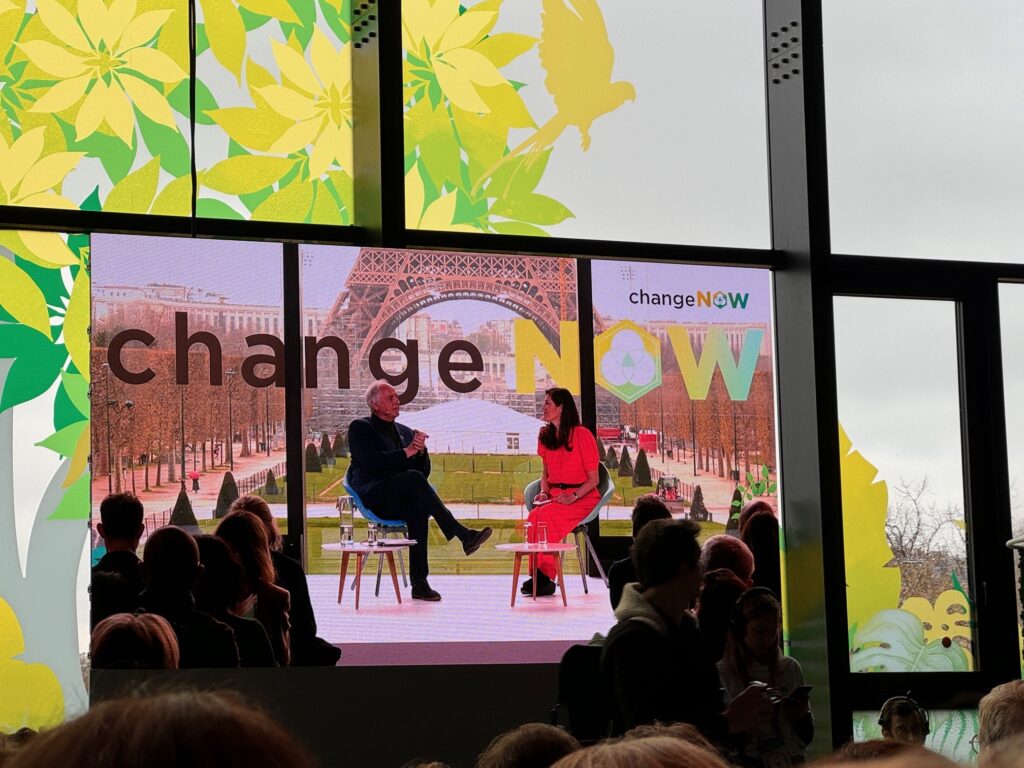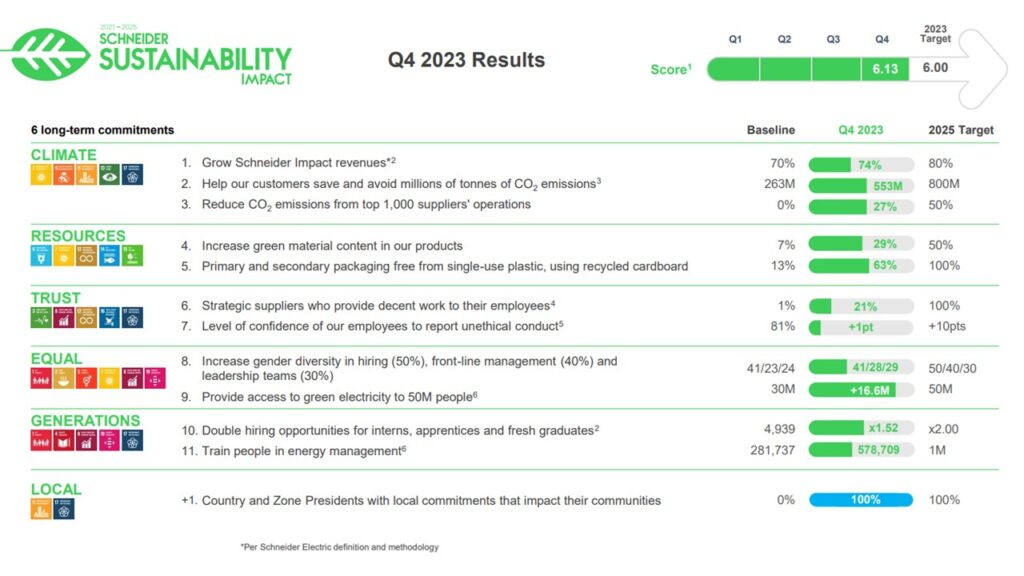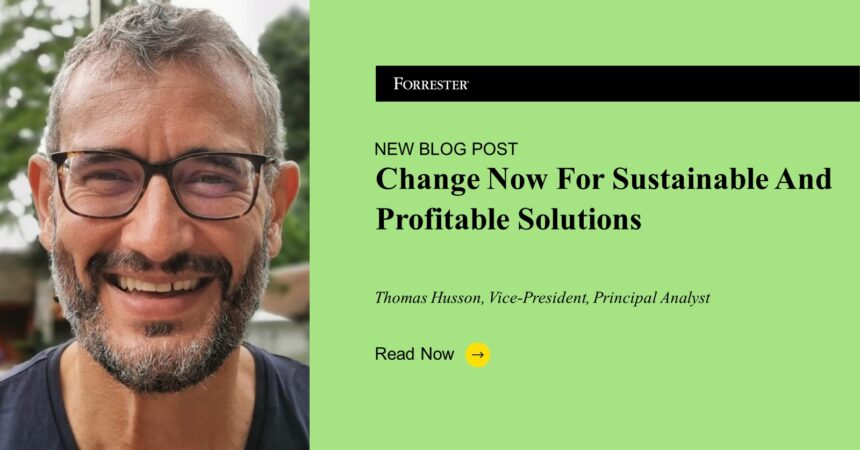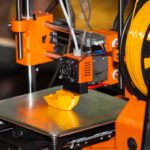Change Now. That’s a bold title and almost a categorical imperative to act.
In fact, this is the name of the largest event of solutions for the planet, that took place in Paris last week from March 25 to 27. With 35,000 participants from 120 countries, and a wide variety of speakers from governments, public authorities, NGOs, civil society, scientific experts, start-ups and large companies, this event demonstrates that sustainability demands systemic change.
I also attended Schneider Electric’s Innovation Summit in Paris. A great opportunity to see pragmatic solutions at the crossroads of electrification, digitization, and automation to help build a more sustainable world. Many of these innovations happen at the infrastructure level in verticals that have a big impact on CO2 emissions: buildings, homes, transport, industries, and data centers. Gwenaëlle Avice Huet, EVP, Europe Operations at Schneider Electric actually also stressed the importance to act now.
I had the opportunity, along with several colleagues, to attend exhibitions, conferences, and meetings. What I learned is:
- Educating board members and C-Level executives is still key. As I wrote recently in this Forrester report “Too many CEOs and board members aren’t fully aware of the environmental impact their business activities have. They’d consider Kenneth E. Boulding’s statement that “anyone who believes exponential growth can go forever in a finite world is either a madman or an economist” a good joke. Be honest: Can you name the nine planet boundaries and which ones have already been crossed? Many CEOs don’t think of the impact of low-carbon emissions on biodiversity, take the time to read about IPCC findings, or even know what IPCC stands for.” The good news is that 150 international board members have attended the Change Now event.

- Leaders must set a bold vision, embody change and evolve their business models. Paul Polman, former CEO of Unilever, and co-author of net positive, and Marie-Claire Daveu, Chief Sustainability and Institutional Affairs Officer at Kering insisted on the role of the chairman of the board to recruit more diverse, independent and younger board members and to continuously educate them on environmental issues and to challenge the management to put sustainability at the core of their business. Several CEOs like Christopher Guerin from Nexans explained how they pivoted their business models from volume to value. I think we need role models to inspire other firms.
- Profitability, sustainability, and innovation can go hand in hand. There is often the misperception that sustainability is necessarily a risk and a cost. But it can also be a business opportunity. New innovative solutions not only contribute to saving energy and using cleaner energy, they also help businesses reduce costs and increase profitability. Schneider Electric itself is an interesting firm to watch. It is one of the few firms I know to report detailed financial and non-financial KPIs on a quarterly basis to shareholders.

- Solutions exist: now is the time focus on the how. I find it very positive to see that solutions exist and that a lot is happening behind the scenes. Schneider Electric announced several new product and solutions to increase energy efficiency and accelerate decarbonization. There were also more than 1,000 solutions showcased at ChangeNow from many different startups and innovative players. I was also very pleased to see that competitors can manage to align and create new consumer standards. Several beauty and cosmetic brands are on their way to launch the EcoBeauty Score at the end of 2024.
Clients willing to find out more about Forrester’s perspective can access our Green Market Revolution solutions hub, and set-up a guidance session to discuss implications for their firms.








